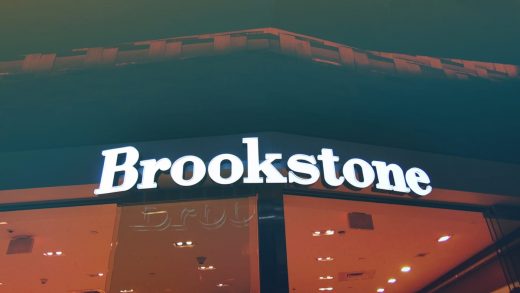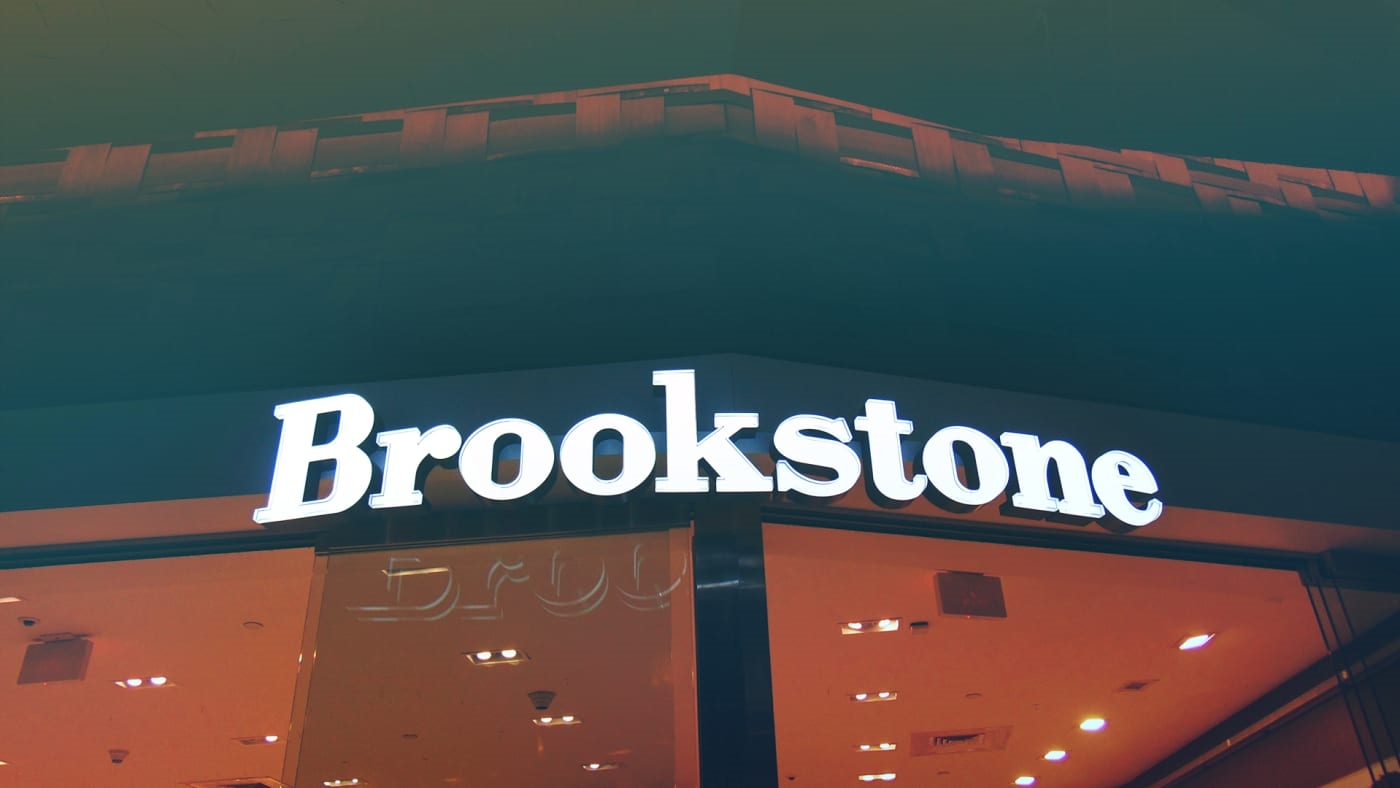Once upon a time, Brookstone was surprisingly cool
When I think of Brookstone, I think of a store at the mall that I’ve occasionally wandered into when I had time to kill—and almost always wandered out of without buying anything. Soon, even that tenuous relationship will be history. The company is filing for Chapter 11 bankruptcy—for the second time since 2014–and will close all 101 of its mall-based outposts. (It’s keeping its airport stores open while its Chinese-conglomerate owner tries to find a buyer for what’s left of Brookstone.)
Describing exactly what Brookstone is is surprisingly difficult. In recent years, it’s emphasized personal-comfort products such as massage chairs and high-tech pillows, but has also sold everything from drones to BBQ accoutrements. “Like The Sharper Image but slightly more utilitarian” is the best explanation I can come up with. However, news of its woes moved me to brush up on the origins of the company. It was founded in 1965 by New Englanders Pierre and Mary de Beaumont. And in its early years, Brookstone was different, more interesting, and easier to define.
The Brookstone of 1969-1970 actually looks like it was pretty neat, and bragged about the fact it didn’t have any stores (something it may soon be able to do again). pic.twitter.com/VGIIBTu1Di
— Harry McCracken (@harrymccracken) August 2, 2018
Strictly a mail-order operation at first—it stressed that in its advertising—the de Beaumonts’ business offered hard-to-find specialty tools. Ads from 1969 and 1970 issues of Popular Mechanics list items such as a spring winder, a glass cutter, a rust remover, and a “versatile positioner.” It’s a far cry from the BioSense Select Sleep Pillow with Extra Soft Support, but you can understand why the company found a market for its wares.
In 1973, the first Brookstore store opened in sleepy Peterborough, New Hampshire, starting the company down a path to retail omnipresence that was, for so many years, an asset. If it had stuck to tools, it would never have grown as big. But I can’t help but wonder: Would a Brookstone that looked more like the tiny firm of a half-century ago stand a better chance of thriving in 2018 and beyond?
(45)



